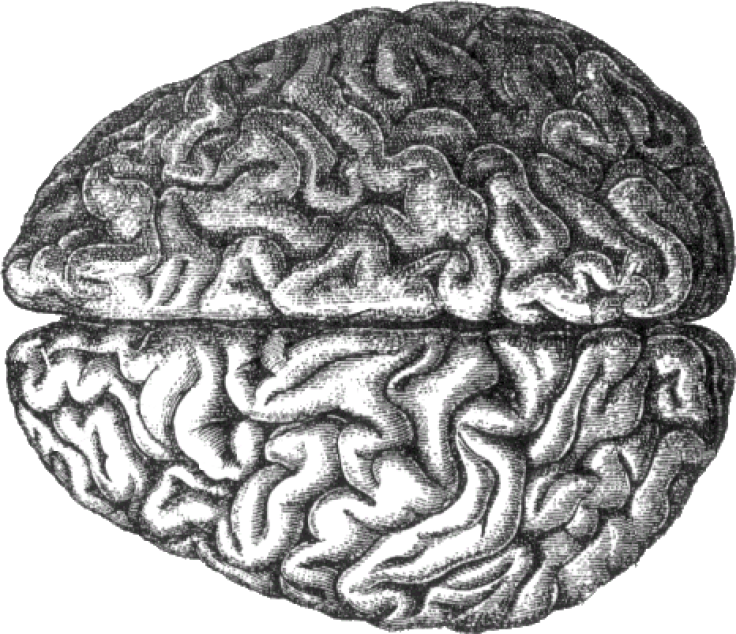Scientists Explain How the Brain Cleans Itself

Every organ in the body has to expel waste somehow. Despite the brain's importance in the body, scientists were previously unclear as to how the brain flushed out its toxins, because it did not have a lymphatic system like other organs, which filters out waste.
The previous theory stated the cerebrospinal fluid, in which the brain is encased, expelled junk, as waste floated through tissues and made its way onto the surface – but that seemed wildly inconvenient for the amount of waste that the brain must produce. Now, researchers have discovered a second, faster cleaning system on top of the cerebrospinal fluid, and it may shed some light on what happens during disorders that affect the brain.
Published in the journal Science Translational Medicine, a multinational team of researchers hailing from the University of Rochester in New York, Huazhong University of Science and Technology in China, the University of Oslo in Norway, and Stony Brook University in New York studied the brains of mice, which are startlingly similar to those of humans. Because the system only works when the brain is active and alive, scientists were unable to study the system, because of a lack of technology until recently. Indeed, the researchers used an innovative system called two-photon microscopy, which allows researchers to examine blood, fluid, and other substances in the brain.
The system, which the researchers dubbed the glymphatic system because of glial cells' prominent role in the process, pumps fluid along the outside of blood vessels, literally flushing the waste away.
When mice did not have these channels, they flushed out waste poorly and at a much slower rate than healthy mice. In fact, waste was flushed out 70 percent as quickly and as effectively in mice lacking a glymphatic system.
They also took an in-depth look at amyloid-beta proteins, which play a central role in the development of Alzheimer's disease. They found that the system flushes out those proteins. In Alzheimer's disease, researchers theorize that the amyloid-beta proteins build up in the brain, causing the symptoms.
They also think that studying the way that the brain flushes out toxins may help the study of other brain disorders and conditions, like Parkinson's disease and Huntington's disease.
Jeffrey J. Iliff and his colleagues said to Wired magazine that they feel pleased that they finally have gained this insight.



























